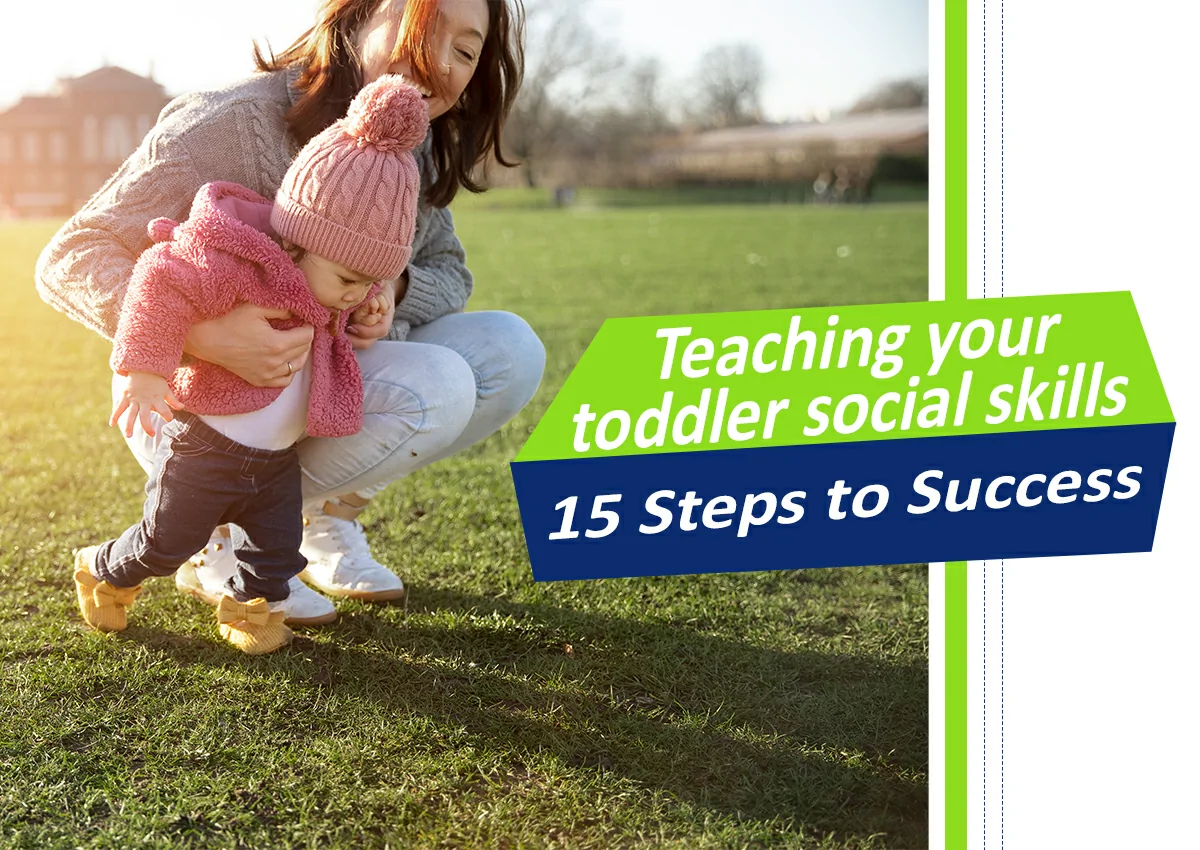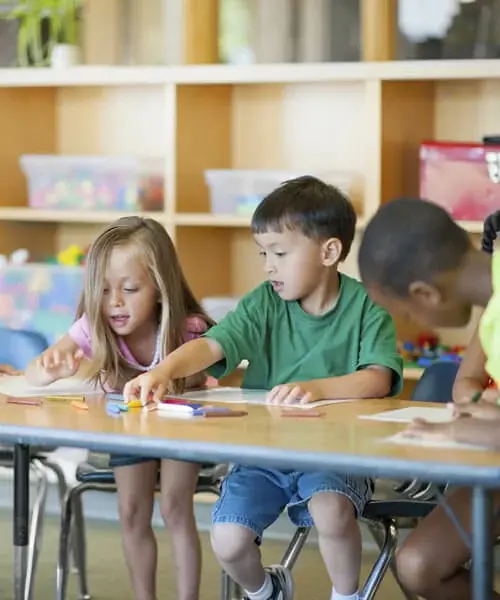33 Mallard Rd: (647) 478-6114
141 Bond Ave: (647) 478-6043
25 Mallard Rd: (647) 812-7795
33 Mallard Rd: (647) 478-6114
141 Bond Ave: (647) 478-6043
25 Mallard Rd: (647) 812-7795
2022-03-08
Are you trying to teach your toddler social skills? We understand how complicated it is to help children develop social intelligence as their fears come in their way. However, specific tactics can help parents teach their toddlers to manage their emotions. Moreover, developing social intelligence also encourage toddlers to have empathy. Children become expressive, friendly, and social.
Nevertheless, what are these tactics? Fret not! We have got you covered. Let us walk you through these points one by one to help your kid develop social skills.
Let's begin!
1. Empathize: It has been observed that children who receive empathy for their feelings from adults tend to develop compassion for others. And having a heart leads to successful interpersonal relationships.
2. Be a part of playgroups: Kids often feel overwhelmed during social interactions with others. They don't understand how to react or behave. It is the time when you can jump in and back up your child.
3. Don't force toddlers to share: Do not force your toddler to share. It delays the development of sharing skills. As parents, introduce the concept of taking turns and make your children wait to get their share.
4. Let the toddler decide how long his turn lasts: Kids will become familiar with the concept of grabbing if you snatch away their toys. Instead, let your kid play with the toy as long as he wants and let him give it up with his heart.
5. Help your child wait: While waiting for their toy, your child may have a meltdown. Learn them to stay. If they cry, hold them and let them vent out. The odds are that they will forget the toy once they have taken it out of their system.
6. Don't intervene: Several scenarios between the kids push parents to intervene. Such as grabbing. So, if you see one child holding the other's toy, wait and observe. Maybe the other child does not even care. Perhaps they are just playing. Thus, it is essential to hold your feelings as parents and let children do what they want.
7. Teach assertiveness: If you see your child unhappy giving up his things for other children, tell your children to say that I am still playing with this. You can practice this at home to help your children develop their language skills.
8. Empower to share: Promote generosity by telling children the effect of sharing. Give them reasons to share and showcase how the other person is happy. Make them experience how wonderful it is to share with other kids. It will help them share their things on their own.
9. Put away special toys: Help your children put away unique toys when their friends visit if your toddler does not want anyone else to play with them.
10. Prevent physical aggression: Parents need to help their children speak up when hurt without any physical attack. Therefore, encourage them to talk when they are broken.
11. Understand emotions: Comprehend your child's emotions and ensure that they are safe and secure when they are scared. Allow them to show their feelings and understand them.
12. Acknowledge their feelings: When your child is angry, try to determine why. It is usually the hurt or fear underneath the anger. Therefore, acknowledge their emotions rather than ignore them.
13. Help toddlers understand other people's feelings: Kids must know that their actions can also hurt others. Hence, begin introducing the concept of paying attention to how others feel.
14. Stay calm: Parents need to stay calm around their kids. It will also help kids to manage their emotions with positivity.
15. They are kids: In the end, you need to understand that they are kids. They will take time to learn and implement things that are good for them. Therefore, be patient with them.
So, these steps can help your children develop social skills. However, it is not an easy task. It requires a lot of effort and conversations to develop social intelligence in toddlers. However, daycare toddlers in North York can help. You can help the professionals and encourage your children to comprehend their emotions and feelings towards themselves and others.
Featured Blogs
 28/03/22
28/03/22
Which Is The Best Age To Start Chil...
Daycare North York Infant Daycare North York Day Care Center North York Subsidized Daycare North York Daycare Toddlers North York Preschool Programs North York Child Care North York Before and After School Care North York Day Care North York Preschool North York Subsidized Child Care North York Day Care Schools North York



